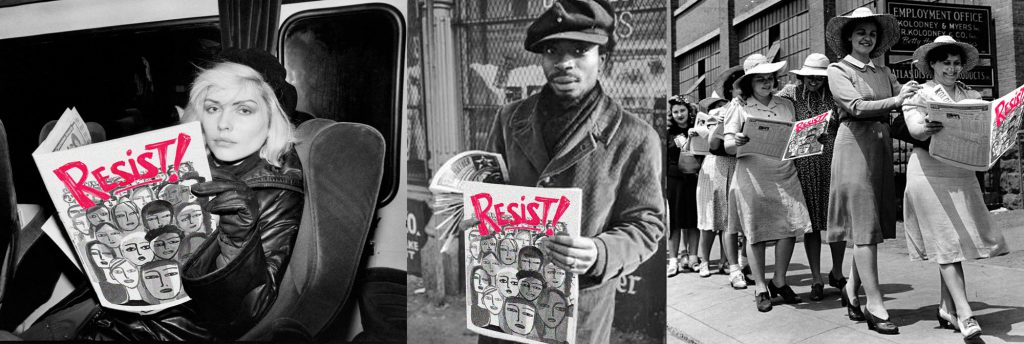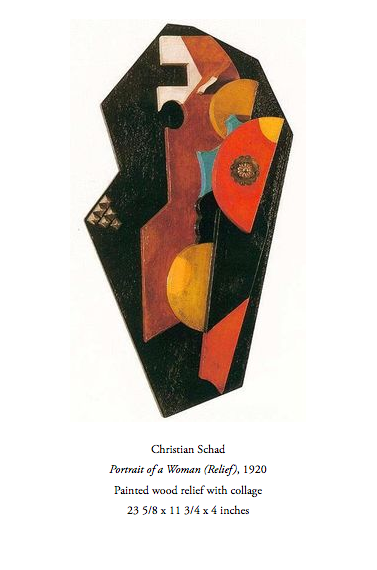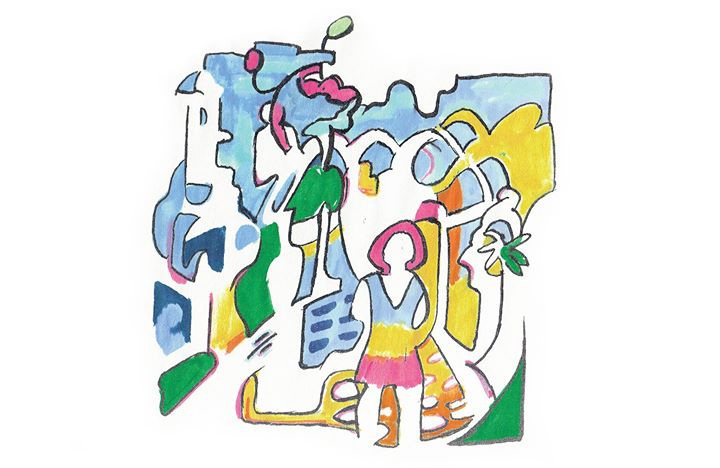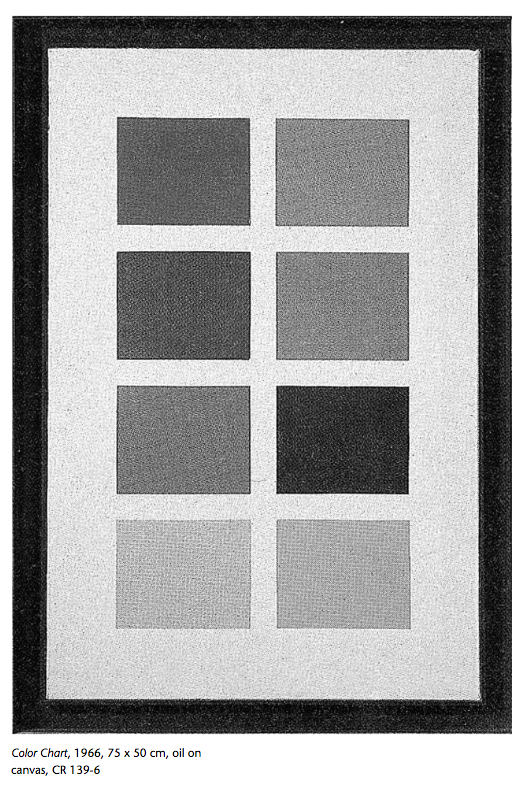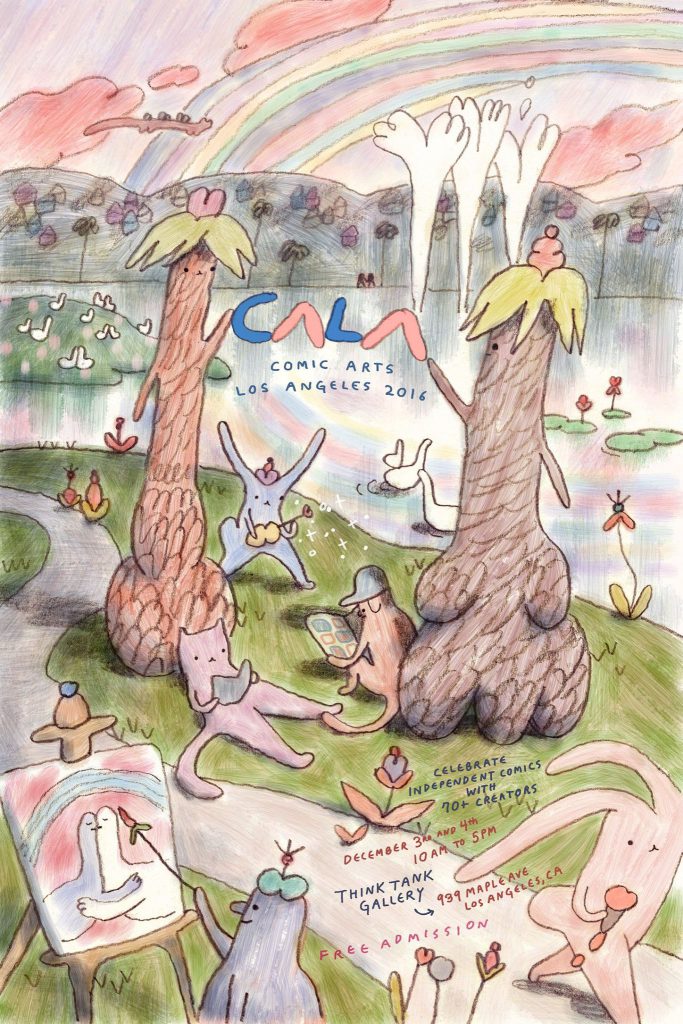Aaron here today with the Micro-Press run-down; RESIST! Reminder; a look at Formalism and Historicity; Marlene Frontera; Gerhard Richter; CALA; O Correspondence Course, My Correspondence Course!
—————————————————————————————————
Micro-Press Yearbook
Robyn Chapman has released her third annual review of micro-presses. This one recaps 2015, which seems like such a quaint time as we stare down the last days of 2016. These books have been invaluable in assessing and giving some perspective to the current small-publishing comics landscape.
—————————————————————————————————
RESIST!
RESIST! will be published as a special issue of Gabe Fowler’s tabloid newspaper, Smoke Signal. We are aiming to make the print version an all-women issue though we’ll remain open-minded and we will consider all submissions. 30,000 copies will be distributed for free on Inauguration Day, January 20, 2017, in Washington D.C. Further distribution will occur at the Women’s March on January 21st and throughout the United States. It is guest-edited by Françoise Mouly, art editor of The New Yorker, and writer Nadja Spiegelman.
The site is updated on a daily basis, so be sure to check back, and please consider submitting work.
—————————————————————————————————
“authoritarianism,” “proto-Fascis[m],” and a “seizure of state power”
Paul Mullan reviews Benjamin H.D. Buchloh’s Formalism and Historicity: Models and Methods in Twentieth-Century Art at the Red Wedge Magazine blog:
The initial analysis of neo-expressionism was weighted towards its national(ist) origins, whether German or Italian, given, again, fears of a new, continental “authoritarianism” and “proto-Fascis[m].” However, the analysis by 1984 is more weighted towards the painting’s engagement with abex, US abstract expressionism. The relation between the US and Europe is here explicitly characterized as “colonialized.”
Abex had arisen by the end of the Second World War, and the dominant military and economic position of the US – given the destruction of much of Europe and Japan – allowed for a strong cultural position as well throughout the 1950s and early 1960s. (See the histories of CIA support for art exhibitions that traveled globally, as instruments in Cold War propaganda.)
The real, objective conditions that can provide an explanatory framework for this change should be evident. There was a new primary political contradiction developing on the ground: the mass movement – spanning multiple, national borders – against the “euromissiles” and new, US imperialist offensive.
—————————————————————————————————
I Go Go Back and Forth
Marlene Frontera will be launching her new risograph book of illustrations this Wednesday, November 30, 6-8pm at Picture Room, 236 Mulberry Street, NYC.
Drawing inspiration from a childhood picture book in which a girl is seen next to a rippling pond that grows as the pages progress, Frontera documents the evolution of a single drawing at different stages. Working alongside Jeremy Jams and Dominic Fortunato of Soft City Printing, Frontera captures the subtle construction of an illustration, filling space with environment around her centric female character. This beautiful risograph book is an edition of 200, and was printed in Brooklyn by Soft City Printing.
—————————————————————————————————
An interview with Benjamin H. D. Buchloh and Gerhard Richter from 2009, via the MIT Press:
BB: So, in 1966, when you started to paint nonfigurative pictures, Color Charts, did that also have something to do with a head-on confrontation with minimal art? Was that another conflict situation, a rejection of American dominance, or was it through an evolutionary process of your own, rooted in the immediate, local context here in Düsseldorf? Was it through meeting Palermo, perhaps?GR: Yes, it certainly did have something to do with Palermo and his interests, and later with minimal art as well; but when I painted my first Color Charts in 1966, that had more to do with pop art. They were copies of paint sample cards, and what was effective about them was that they were directed against the efforts of the neoconstructivists, Albers and the rest.
—————————————————————————————————
—————————————————————————————————
Starts December 29, 2016. 8 week course, $500, 10 spots available, apply by December 13, 2016 and get $100 off course fee.
